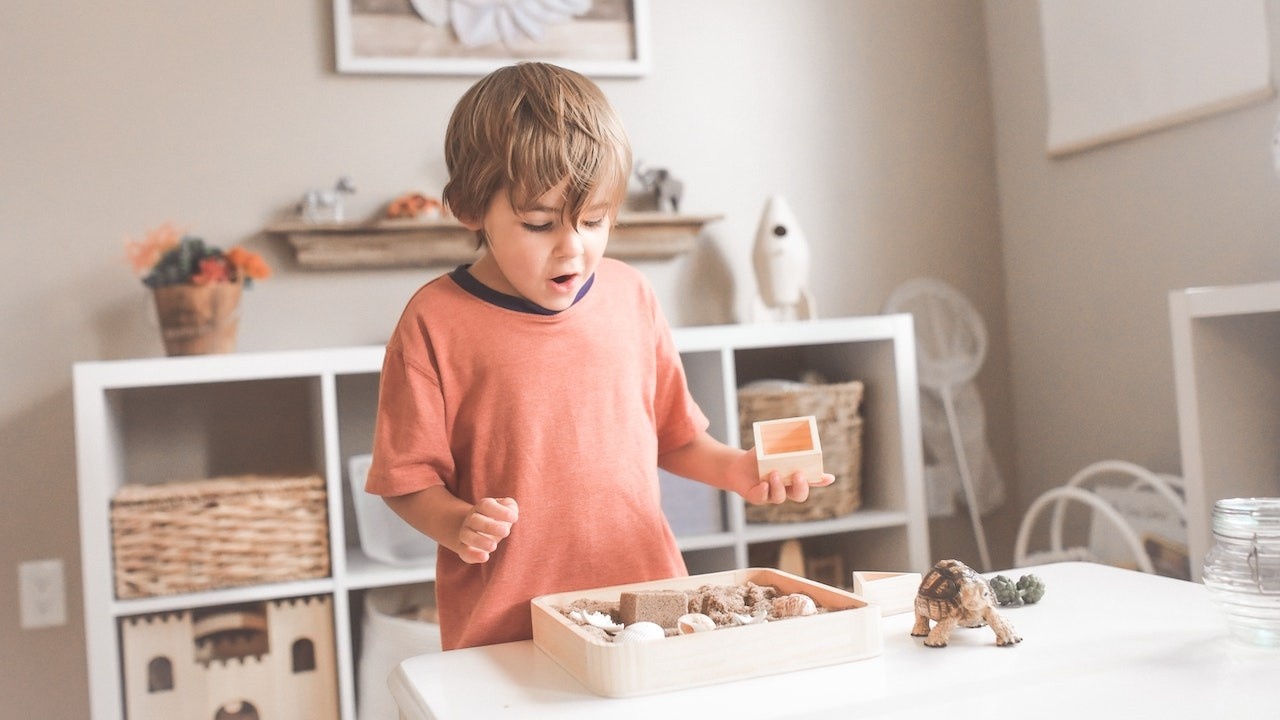How to encourage independent play
Jul 20, 2022
Does your child play on their own? Or do they always need someone—often, you—to play with them? If your child isn’t capable of playing on their own, this is a sign that you need to encourage their independent play skills.
Independent play is essential for your child’s development. For one, it allows parents to get a much-needed mental rest or even a practical break to finish tasks, but it’s also important for a child’s cognitive function. Studies have shown that independent play helps children to build problem solving skills, improves their creativity and imagination, teaches them self-reliance and patience, along with other skills that will help them later in life.
It’s important for parents to take charge when it comes to encouraging independent play, especially if their child is a bit older and is already used to being handheld or told what to do during playtime. The following are some simple ways that you can encourage your child to begin playing independently.
Choose non-electronic toys
An electronic toy with lots of bells and whistles might distract them for a bit, but this type of toy is not going to encourage independent play, because it forces children to rely on the specific sounds, lights and electronic features to make something happen. Instead, opt for non-electronic toys such as figurines, dolls, blocks and imagination sets like pretend kitchens or houses.
These types of toys encourage imagination and self-created stories in a way that electronic toys generally don’t.
Create kid-friendly solitary spaces
Kids need a safe, kid-friendly place to play on their own if you want them to encourage playing independently. Make sure that they have a place where they don’t have to worry about not making a mess with their toys (but make sure they know they have to help clean up!) so they have a place where they feel comfortable getting into playtime and that they won’t be bothered too much.
Make sure your child feels secure
If your child is on the younger side, you need to make sure that they feel secure when they play. Many children might feel uncomfortable playing on their own at first, especially if they’re used to being around a parent most of the time. You can start helping them feel secure by encouraging independent play when they’re in the same room; for instance, setting up a play zone inside in your office while you sit at the computer, and slowly encouraging more distance and longer play sessions as time goes on.
Never frame independent play as a consequence or punishment
It’s important to never frame independent play in a negative way. For instance, saying “I have to work now, so you need to play on your own” will teach children that playing on their own is a negative consequence of mom working. Instead, say something like, “You get to play by yourself now! Have fun!” and then get to work without making a bigger deal of it. This frames it in a way that is positive and more exciting for them.
Remember that independent play is a skill that has to be taught, so it's okay if you or your child struggle with it in the beginning—with enough time and practice, they'll be pros at it before you know it.
Photo by Paige Cody on Unsplash
Stay connected with news and updates!
Join our mailing list to receive the latest news and updates from our team.
Don't worry, your information will not be shared.
We hate SPAM. We will never sell your information, for any reason.


